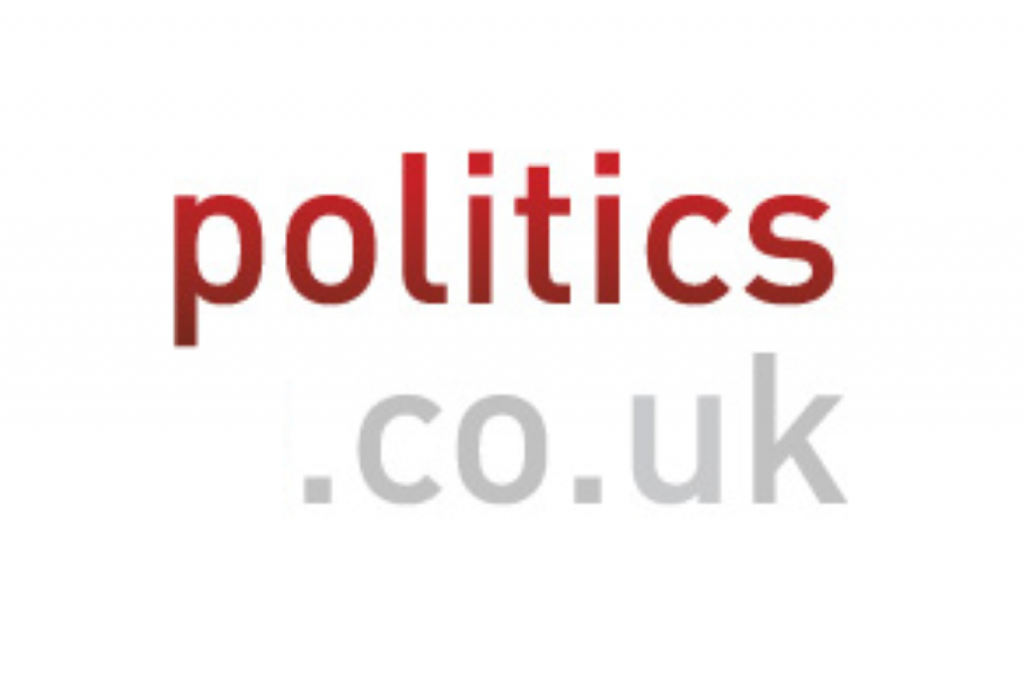Hewitt under fire over smoking plans
Health secretary Patricia Hewitt had trouble getting a word in edgeways yesterday when MPs debated the controversial ban on smoking in public places.
The health bill, which includes plans for a partial ban on smoking, passed its second reading in the House of Commons but not before MPs signalled their disapproval and warned that they would rebel at a later stage in the parliamentary process.
Ms Hewitt’s speech was subject to constant interruptions from members asking why the government had not decided on a full ban on smoking in public places, rather than the current proposals, which exempt private members’ clubs and premises not serving food.
She explained that the proposals would protect 99 per cent of workers from the dangers of second-hand smoke, insisting: “That is an enormous step forward for public health and for the health and well-being of our people.”


However, Desmond Turner, Labour MP for Brighton Kemptown, said the decision to exempt certain premises was a “fatal flaw and contradiction” in the legislation, which was “otherwise admirable in its intent”.
And Iris Robinson, the Democratic Unionist party (DUP) MP for Strangford, cited the 37,000 people who die each year from lung cancer, adding: “There should be a total ban. Nothing else will do.”
Ms Hewitt was questioned to explain “hand on heart” reports that she was personally in favour of a total ban, but could not get her cabinet colleagues to agree. Labour’s manifesto pledge only calls for a partial prohibition.
She replied: “My hand is always on my heart. We had a debate in the government on how best to implement our manifesto promise, just as we will have a debate this afternoon and in committee, but I stress that Labour members are completely committed to legislating for public health and for a smoking ban to strengthen the provision of smoke-free places.”
Meanwhile, Conservative MP for Shipley, Philip Davies, expressed his concern that the bill represented a “nanny state-interference”, saying pub landlords should be allowed to decide whether or not people smoke on their premises.
Shadow health secretary Andrew Lansley continued this point, saying that his party had called for a “self-regulatory solution” that would see the hospitality industry introduce its own measures to deliver smoke-free environments for their customers.
“The way in which the government proposes to interfere with what might otherwise have been achieved on that basis is excessive,” he declared.
However, Ms Hewitt dismissed this argument by saying that it “would take too long”, and accused the Conservative party of being “unable to make up its mind” on the issue.
But she did admit that the ban could be turned into a blanket prohibition at a later date if government and parliament decided. A review is planned to take place three years after the introduction of the ban in mid 2007.

